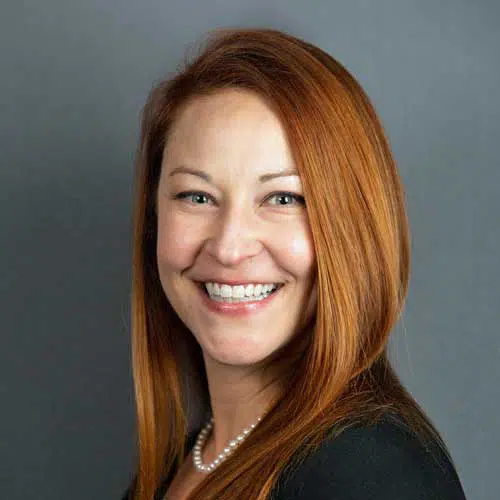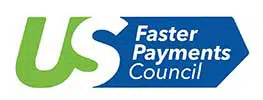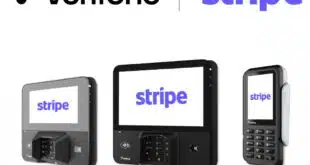Kimberly Ford will step down as executive director of the U.S. Faster Payments Council effective May 6 after just 11 months on the job, according to sources. Ford’s resignation was confirmed by an email to members sent Friday and obtained by Digital Transactions News.
Applications for the position are being taken through Friday, according to the email and a job listing posted on PCRecruiter.net, a job-placement Web site. “The Board of Directors feels it is imperative to fill this vital role quickly, therefore, over the next few weeks, we will be conducting a search to find the new Executive Director of the FPC. During this transition period, it is our priority to find the best individual to lead, while still maintaining a stable and effective organization,” the email, sent by FPC chairman Michael Bilksi, says.
Ford tells Digital Transactions News she is leaving to pursue an opportunity with a “global payments company” she will not name. “I have been presented with an opportunity to have a senior leadership role … and I felt like it was the best decision to make for my family and me,” she says in an email message. She adds she is not severing her ties with the council entirely. “I will continue to remain involved in the FPC, and I look forward to contributing to the FPC’s success,” she says.

For his part, Bilski credits Ford for building the FPC’s membership to more than 170 organizations. “She raised the public profile of the US FPC through her numerous speaking engagements around the country and she even testified on Capitol Hill about faster payments,” he says in an email message. “With the help of her staff, Angela Hendershott and Elizabeth Grice, she streamlined the operations of the organization at the same time it’s been growing. Lastly, with the help of the board she created our strategic plan, which has positioned the US FPC for success in 2020 and years to come.”
Ford’s decision comes as a disappointment for some members who saw her tenure as helpful in melding the diverse interests of the council’s membership. “Kim’s a terrific resource. It’s a loss,” says Steve Mott, whose payments-consulting firm, BetterBuyDesign, is a founding member. “She was a terrific consensus-maker, potentially.”
But Bilski, who is chief executive of Roseville, Minn.-based North American Banking Co., says the next executive director will have a firm foundation to start out with. “With the help of the board, the new ED should be able to succeed immediately,” he says.
Ford, whose experience includes more than 14 years at First Data Corp. as a senior vice president and head of government affairs, joined the council in June as its first executive director. The FPC is not a rule-making authority. It develops recommendations for its members, which those members may implement or set aside, according to information on its Web site.

Formed by the Federal Reserve in November 2018, the Faster Payments Council includes members from a diverse array of industries, including retailers, payment networks, technology companies, and consumer organizations as well as financial institutions. It grew out of the Governance Framework Formation Team, which itself was the successor to a multi-year effort by the Fed to jumpstart the launch of real-time or near-real-time payments networks in the United States.
For its part, the Fed in August announced an initiative to create a real-time payments facility within the next three to four years. The initiative is widely seen as potentially competitive with private-sector real-time payments services already in operation, including one from The Clearing House Payments Co., an FPC member co-owned by major financial institutions.





